Here’s what most of us know about Bob Ross. We know he was the creator and host of The Joy of Painting, an incredibly popular instructional TV show that aired for 31 seasons and 401 episodes between 1983 to 1994 on PBS in the United States. We know that he was a genius with a paint brush. That he inspired hope and happiness. That he had a genuine impact and changed people’s lives. We know him as the ultimate calming presence. We know Bob Ross as an Internet meme.
What we didn’t know, however, was just what happened to his brand after he died. This is where Joshua Rofé’s Bob Ross: Happy Accidents, Betrayal & Greed comes in. And boy is it a doozy.
Umapagan Ampikaipakan: There is a line that people always use in business. A cliché that is so often repeated that it has become something of an adage. “It’s not personal, it’s just business.” The reality, of course, is that it’s always personal. Because the only time someone will ever say that to you is just before they fuck you over.
Bob Ross: Happy Accidents, Betrayal & Greed is one of those stories about one of those times. It is, in many ways, a very American tale. Here’s a guy with a passion, who pursues his dreams and goes from zero to hero, finds fame and fortune, only to have it stolen after his death, and exploited for profit.
Now I’m not anti-capitalist in any way, but when it’s something like this, when it’s something that flies in the face of everything Bob Ross embodied, then it becomes utterly reprehensible. The revelations and disclosures in this documentary left me both raging and heartbroken.
Bahir Yeusuff: I was surprised at how angry I got while watching this. I mean, I know Bob Ross as a person from the show The Joy of Painting, but it wasn’t something that was a part of my life growing up. I’ve watched a handful of his episodes, and sure I wish I could paint those Alaskan landscapes the way he does, but I didn’t think I would feel this strongly about this documentary. I was so mad. I was revolted. I was disgusted. I was pissed at what happened to Bob Ross and his legacy.
I don’t think The Joy of Painting ever came to Malaysia, but I had always heard of the jokes and the references, and it wasn’t until Netflix brought the series to our shores a couple years ago that I finally understood the “happy accidents” reference. There is just something about Bob Ross that is calming. His demeanor and tone of voice. You know, when I’m feeling particularly anxious, I put on an episode of Bob Ross and he just lulls me to sleep.
“We Don’t Make Mistakes, Just Happy Little Accidents…”
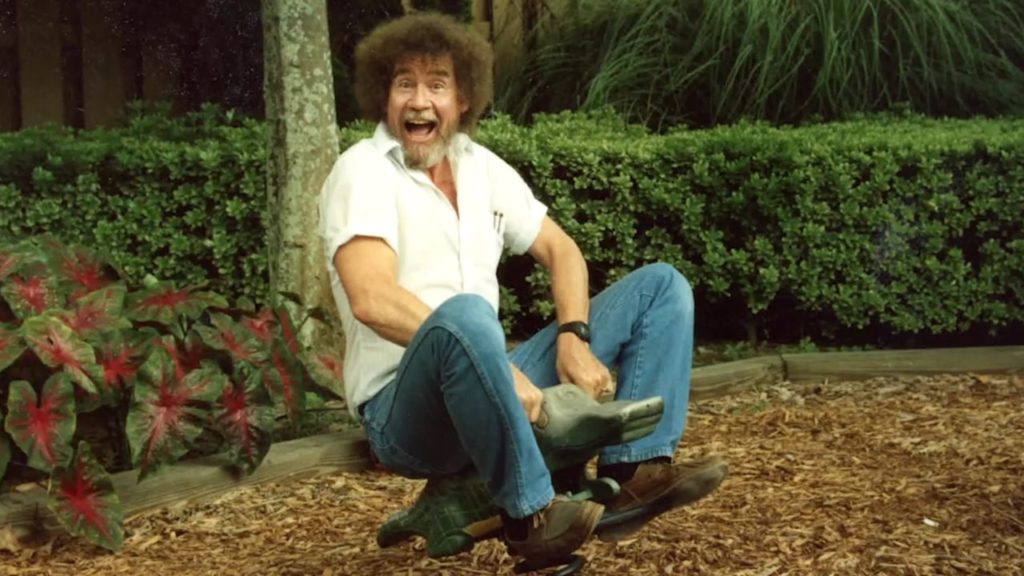
BY: There was always a certain mystery to Bob Ross and his legacy. I remember looking him up and not much was written about him despite the cultural phenomenon he had become after his passing. Sure it was kind of funny, but I think for a lot of people, this permed up white man whispering about painting, was more than just an art teacher. He was the progenitor of a movement.
I was both looking forward to this documentary and feeling very apprehensive about it. I was worried that there would be some big revelation about his past. Maybe he had killed a man while drunk driving. Or had fathered illegitimate children in all 50 states. Thankfully there wasn’t really anything THAT dramatic in this, at least not about his character.
UA: That was precisely what I was afraid of. There are so few heroes these days, and I was worried that this documentary might drop some atom bomb of a divulgence that would forever tarnish his reputation. It turns out, however, that the “Betrayal” and “Greed” in the title isn’t in reference to Bob Ross, but about the Kowalskis, the husband and wife team who currently own and control his brand.
What makes this documentary stand out is that it presents completely new information. This isn’t one of those movies that collates a bunch of information that’s already out there, be it in books or magazine articles, attaches a bunch of talking heads to it, and then presents it in a digestible 90 minutes. This is a documentary that tells a story that’s never been told, speaks to people who have never been brave enough to step forward, and slowly reveals the seedier side that comes with monetizing a legacy.
BY: What’s more, they are monetizing a legacy that has very little to do with them. The Kowalskis weren’t family, they weren’t even really partners with Bob Ross. This documentary takes a stand that the Kowalskis, from very early on, took advantage of Bob Ross by pushing him into a variety of different business ventures. In a lot of ways it seemed that Bob Ross didn’t mind it too much because he was doing what he loved and believed in. He cared little for money. He just wanted to get as many people as he could to learn to paint and to find joy in it. Like he did.
Side note: If you’re watching this documentary and want to see a little bit more of the Kowalskis – since they declined to take part in this – there’s a New York Times video called Where Are All the Bob Ross Paintings that takes a decidedly more neutral approach to the Kowalskis.
Since that was the first time I had heard about the Kowalskis, I took that report at face value. Anne and Walt Kowalski come off as a lovely elderly couple that had struck up an enduring friendship with Bob Ross and are now continuing his legacy into the future.
Joshua Rofé’s Bob Ross: Happy Accidents, Betrayal & Greed purports that it isn’t the case at all.
“Lets Build Some Happy Little Trees…”
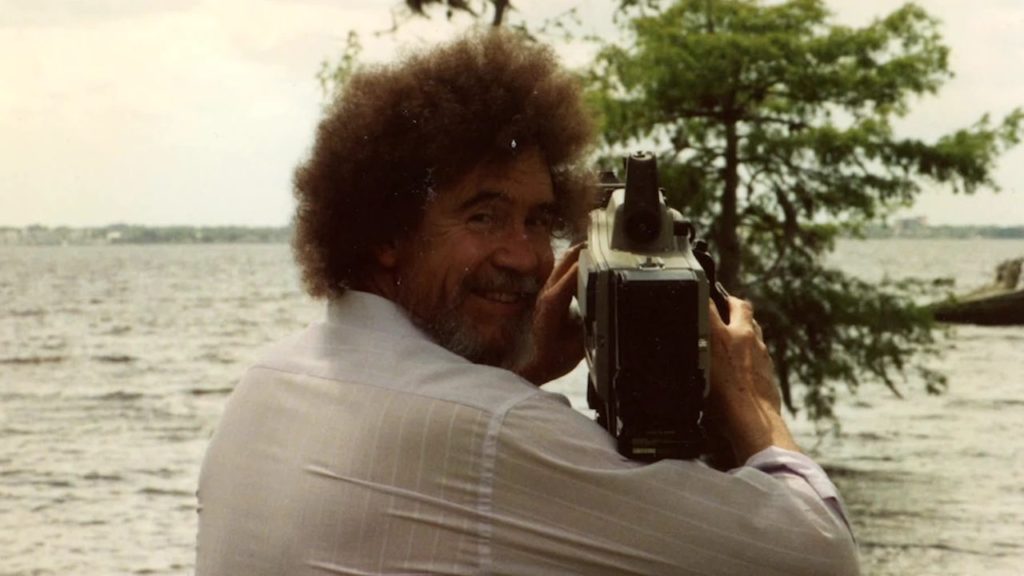
BY: Look, I get it. A lot of what is said here are opinions and hearsay from people who would technically have an axe to grind. An old friend of Bob Ross. Bob’s son Steve Ross. A couple who used to have a rival painting show. What’s more, all this talk about affairs and secret phone recordings make for a really great story. But watching this, I didn’t feel like I was being duped.
UA: I was thinking about this exact same thing. Why do I trust this documentary? Why do I believe what these people are saying? These are questions posed by every documentary. And the ones that manage to convince the audience of their truth are often the ones that are the most well made.
The reason why I believed this story is simply because of the way it was told. It begins with something of a biography. It tells us who Bob Ross is, reinforces the mythology around him, before slowly nudging us towards the darkness that comes after his death. There is a real sorrow in Steven Ross’ recollections. There is a deep sense of regret over something that he had no control over. And I bought it. I believed in his pain. Which is purely a function of how well Joshua Rofé framed it.
Now I’m not sure if these revelations will have an real impact. I don’t know if they’ll affect any kind of change. But we’ve seen multimillion dollar corporations do the right thing before (See: Superman’s Siegel and Shuster and Batman’s Bill Finger), so here’s hoping.
“Believe That You Can Do It, Cause You Can Do It!”
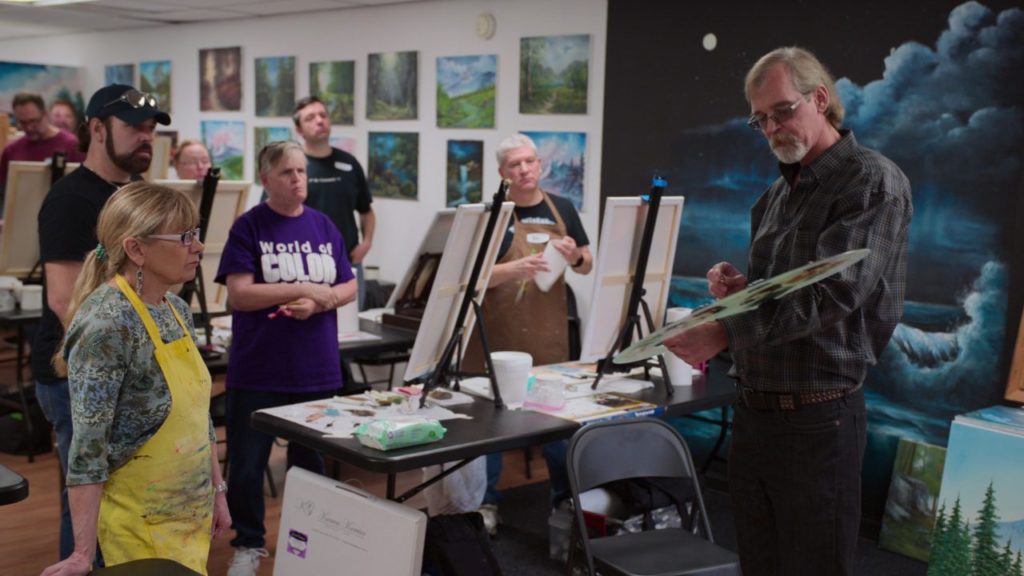
BY: There’s also a timing factor that contributes to the authenticity of this documentary. Less so in the timing of its release, but more in the timeline of what happened. The real issues came after Bob Ross’ passing (as is often the case). That almost legitimizes Steven Ross’ claims that his father was manhandled by the Kowalskis and that, as Steven alleges, how the couple attempted to get a deathbed agreement out of Ross.
For me, the truly sad thing is that (again if you take Steven Ross’ opinion as gospel) this was not what Bob Ross wanted. That at the end of his life, Bob Ross had taken steps to protect his own legacy for his family, for Steven, and for his step brother Jimmy. And that opened a whole other can of worms.
Bob Ross: Happy Accidents, Betrayal & Greed brings to mind the Fred Rogers documentary Won’t You Be My Neighbor. While not quite as dramatic as the story of Bob Ross, Fred Rogers also left behind a legacy and how it’s protected. Bob Ross’ story doesn’t quite have that happy ending for all those involved. They were both kind hearted men that had other people’s best interests at heart. Unfortunately for the Ross family, their story doesn’t match up with that of Rogers.
UA: That said, I did appreciate how Joshua Rofé ends the movie. By giving us these testimonials of people whose lives had been touched by Bob Ross, it was a potent reminder that despite the allegedly fraudulent behavior of the Kowalskis, and the legal wranglings, and the darker side of what it means to be a “Certified Ross Instructor,” despite the dark side of this saga, the power of Bob Ross to inspire, and instill happiness and hope, is still very much alive and well. I loved that we ended on that note. Because no one, no matter how conniving, or avaricious, can ever take that away.
BY: This truly was a heartbreaking watch. And I don’t even know Bob Ross! I have no connection to the guy. His show hasn’t done anything for me other than help me to sleep from time to time. You don’t need to know about the man to enjoy this documentary. This is a story that is universal. It could happen anywhere and to anyone. And trust me when I say that it will still hit hard.
Also don’t buy any BRI products if you love Bob Ross. That’s another thing I took away from all of this.

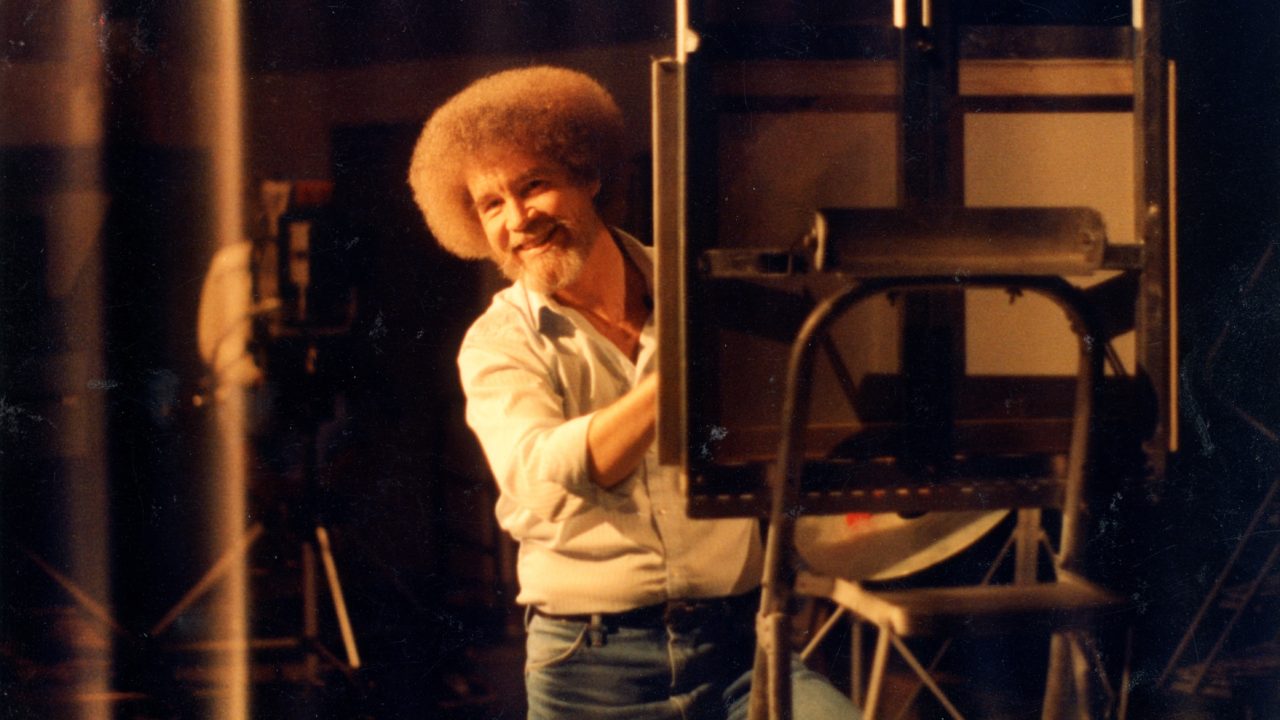
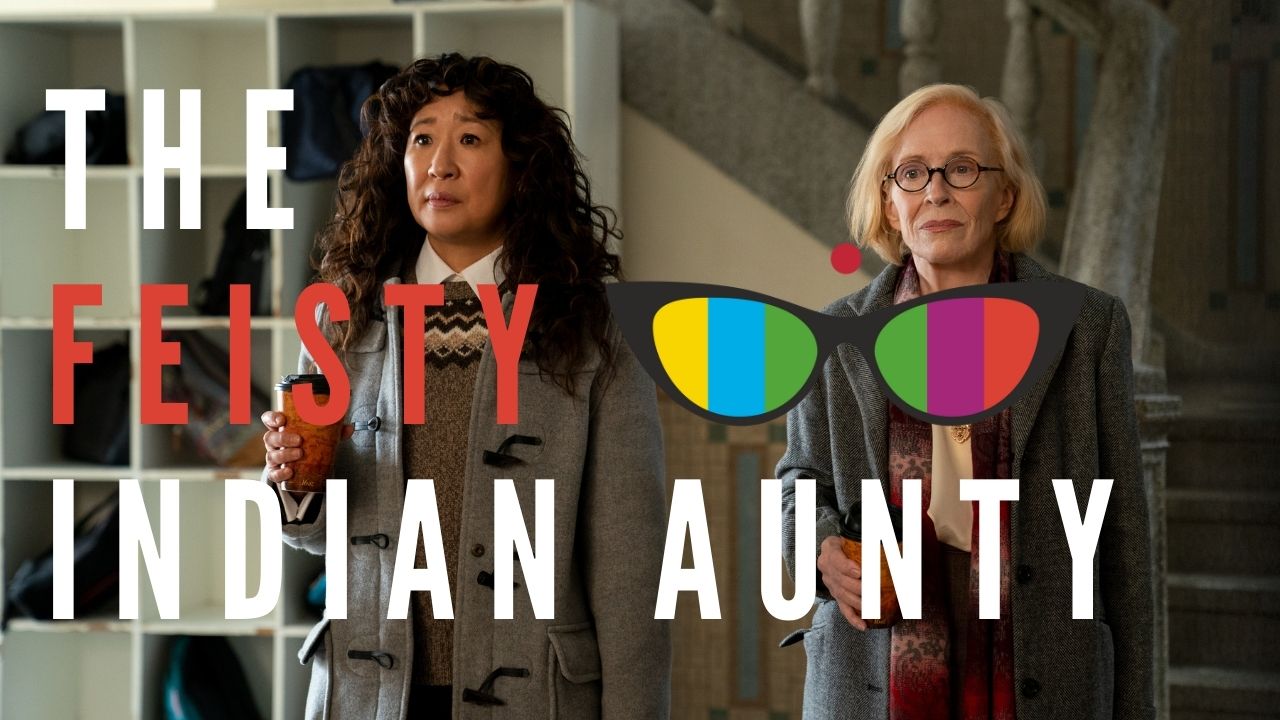
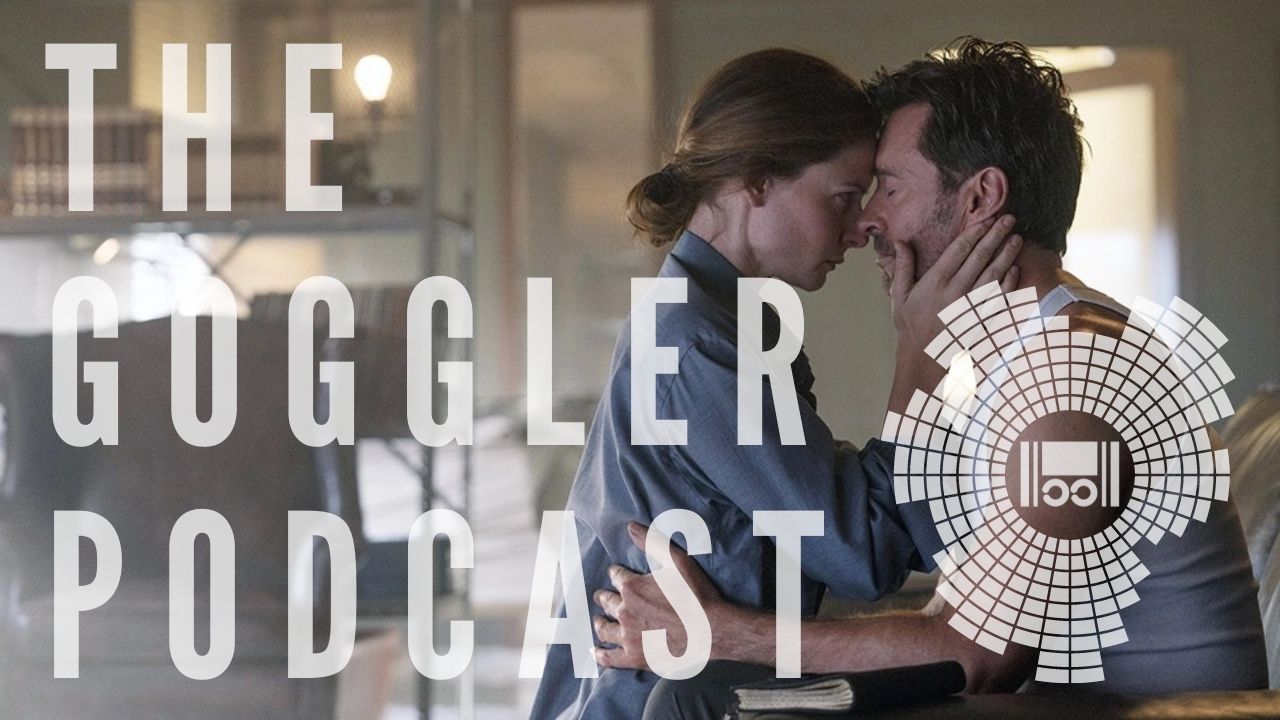
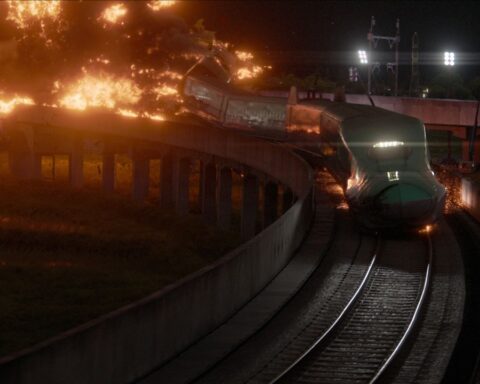
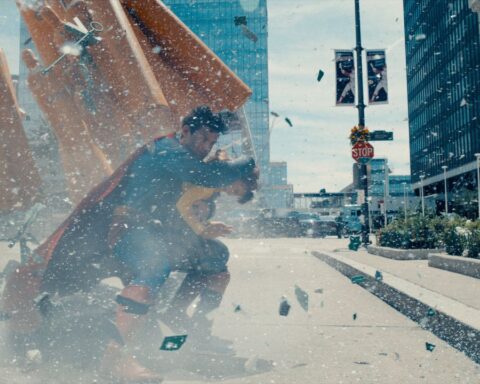

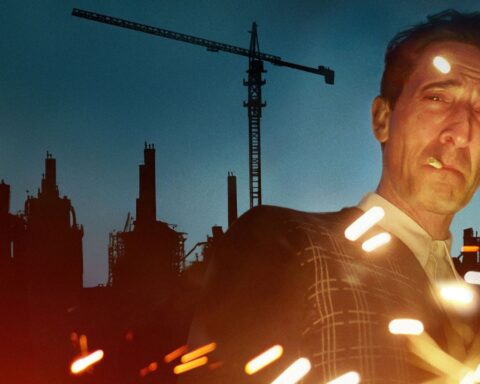
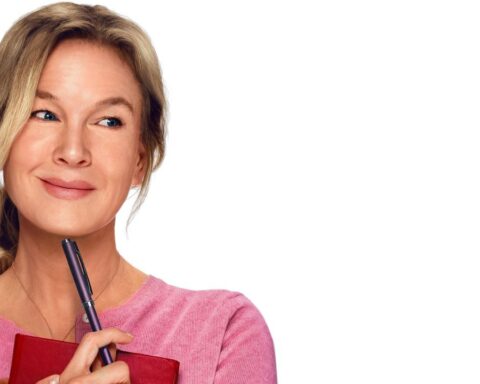
Follow Us